| It is summer time, and families are taking a break from their busy school-year schedules to try some new activities, visit new places and build stronger relationships. These benefits can be had by students who take a “gap year” too. A gap year is usually thought of as a year-long break between high school and college, but there are other ways to have a gap year experience. In this blog, I will share with you my gap year adventures and what I learned as well as a list of gap year options for your students. |
As I mentioned in my blog last month about Late Bloomers, students mature at different rates, and for many students, the prefrontal cortex in the frontal lobe of the brain does not fully mature until they are in their twenties. This part of the brain is responsible for executive function which includes organizing, planning, and problem solving, and these abilities are pretty important for college success. Giving the brain a little more time to mature might be helpful for some students. College also requires navigating a widening array of relationships with new peers (perhaps from unfamiliar cultures), complicated schedules, and instructors who allow a lot more freedom (and often less structure and help) than high school teachers. Skills needed to traverse this new landscape can be acquired during a gap year.
My Japan Adventures! From left to right: 1) I am in the front in my Yukata (cotton kimono) that I still wear sometimes, 2) In a straw hat (on right), and in a borrowed silk kimono (on left), and teaching the executives at a brake company..
My gap year experience allowed me to become more independent and self-confident, learn about new cultures and build relationships with people very different than myself.
Although I didn’t realize it at the time, my gap year preparation began during the summer between my sophomore and junior year when I was a Rotary Club summer exchange student to Japan. The trip was an emersion in a culture vastly different than my own yet with people who had the core characteristics of kindness and generosity that were comfortingly familiar.
Although I didn’t realize it at the time, my gap year preparation began during the summer between my sophomore and junior year when I was a Rotary Club summer exchange student to Japan. The trip was an emersion in a culture vastly different than my own yet with people who had the core characteristics of kindness and generosity that were comfortingly familiar.
During my senior year of high school, I was asked to go back to Japan to teach English at a Christian high school along with another American woman who was already there. In preparation for a move to Japan for six months, I took a Japanese language class at the local community college at night while attending high school during the day. A week after graduation at seventeen years old, I got on a plane and flew to Tokyo and then took a three hour train ride north to Fukushima. The adventures I had could fill many pages, but the main things I learned are 1) I can communicate with people, even when I don’t speak the language well because people are willing to help and use hand gestures if that is what it takes. All people want to be understood. 2) I can climb mountains and hike through caves (even at Mt. Fuji!), ask for directions (sometimes clumsily in Japanese) and find my way, even when the going gets tough. 3) Baking American style chocolate chip cookies with students while they teach me how to make origami cranes (which I can still make, by the way) is a wonderful way to share individual cultures and make new friends.
My Africa Adventures! 1) With my uncle next to the plane we flew from Missouri to Africa 2) At a school in
Soweto, South Africa 3) In my waitress garb, 4) At a picnic with South African friends.
Soweto, South Africa 3) In my waitress garb, 4) At a picnic with South African friends.
After six months, I headed back home and completed two semesters at a community college and then I took off again for six months for the second half of my “gap year.” This time, I flew in a two-seater Beechcraft airplane with my uncle from Joplin, Missouri to Johannesburg, South Africa. The trip took seven days with day-long stops along the way in the Canary Islands, The Ivory Coast, Gabon and Namibia. Upon reaching Johannesburg, a business associate of my uncle invited me to stay with his family, and I got a job downtown as a waitress. This was at a time when there was apartheid, segregated townships, and separate buses for different races. I learned 1) Even when you don’t agree with government policy, you can still help children in need by traveling to where they are and helping to improve their schools 2) Sometimes strangers sitting at a restaurant table are just good friends you haven’t met yet 3) Working together as a team (even when all the team members are from different countries) makes a project easier for everyone, and it is more fun.
| Not all gap years are the same. While my gap year involved a lot of travel as well as working as a teacher and a waitress, my son took a break from school for two years to work at his full time career. After getting an A.A. in Business and an A.S. in Automotive Technology, he worked as an auto tech for two years, learning his craft and saving his money. He then went back to school and got his B.S. in Automotive Management and graduated debt free. Gap years are growing in popularity in the U.S. and are already common in the UK where approximately 200,000 students delay going to college for a year. A number of American universities, including Harvard, are encouraging incoming freshman to take a gap |
year. Many schools are willing to defer enrollment for students, and some even have financial aid available to fund gap years.
Ten Things to Do During a Gap Year:
1. Take a Break and Get Healthy: A break from academics can help a student feel energized to start school again when he or she returns. Twelve years is a long time to keep the same school schedule, and a break can allow students to improve their health by getting more sleep, and taking time to exercise, and learning to eat well.
2. Become More Independent: Most high school seniors have spent the last four years with the same set of peers, dependent on detailed daily instruction from teachers with an ever present family safety net. Trying something new or going someplace you have never been before - all on your own - will teach you to trust yourself which builds self-confidence.
1. Take a Break and Get Healthy: A break from academics can help a student feel energized to start school again when he or she returns. Twelve years is a long time to keep the same school schedule, and a break can allow students to improve their health by getting more sleep, and taking time to exercise, and learning to eat well.
2. Become More Independent: Most high school seniors have spent the last four years with the same set of peers, dependent on detailed daily instruction from teachers with an ever present family safety net. Trying something new or going someplace you have never been before - all on your own - will teach you to trust yourself which builds self-confidence.
3. Spend Time with Family: This may seem to be the opposite of point number two, but your family will be your family all of your life. Perhaps by spending some extra quality time with parents, siblings or elderly grandparents, you will learn things about them that you never knew before. You might even consider doing some kind of volunteer work with one of your parents or a sibling. You’ll help your community and get to bond with your family too.
4. Learn Adult Skills: Some students graduate without the ability to balance a checkbook, cook a meal or run a load of laundry. Working on these skills can make the transition to living on one’s own much easier.
5. Do an Internship: Perhaps you are interested in science and have the opportunity to go on a research trip. Maybe you sing and dance and can get to a part in a play on Broadway. There a lots of websites with intern options in business, marketing, hospitality, agriculture, travel, education and more.
6. Build a Portfolio: If you have a dream career in mind that requires a portfolio—and you don’t have one – a gap year is a good time to build one. Careers that require a portfolio include: Writing, Graphic Design, Artist, Website design, Photography, and Modeling.
7. Earn Some Money: College is expensive, and having some extra cash on hand can help reduce the amount of student debt needed to go to school. (The issue of student debt could be a whole other blog.) In addition, you will learn work skills such as being on time, getting along with other employees, communicating with customers, and having a positive attitude – all skills that are sought after by most employers. Or – you could become an entrepreneur and start you own business! (Again – another topic for another blog.)
8. Travel: There is a whole world out there with a variety of cultures and new experiences just waiting for those who are willing to make the effort to go. Travel can be expensive, but there are ways to be frugal with your travel dollars. Some countries have farm stays where you work for part of the day on the farm and get the rest of the day to tour around. You can even choose to pick fruit in Australia. I helped fund my travel to Japan by teaching English both at a high school during the day and, in the evening, to executives at a brake manufacturing company. I have met students who have worked at resorts, national parks and even cruise ships where their room and board is paid for along with a pay check and a chance to see new places.
4. Learn Adult Skills: Some students graduate without the ability to balance a checkbook, cook a meal or run a load of laundry. Working on these skills can make the transition to living on one’s own much easier.
5. Do an Internship: Perhaps you are interested in science and have the opportunity to go on a research trip. Maybe you sing and dance and can get to a part in a play on Broadway. There a lots of websites with intern options in business, marketing, hospitality, agriculture, travel, education and more.
6. Build a Portfolio: If you have a dream career in mind that requires a portfolio—and you don’t have one – a gap year is a good time to build one. Careers that require a portfolio include: Writing, Graphic Design, Artist, Website design, Photography, and Modeling.
7. Earn Some Money: College is expensive, and having some extra cash on hand can help reduce the amount of student debt needed to go to school. (The issue of student debt could be a whole other blog.) In addition, you will learn work skills such as being on time, getting along with other employees, communicating with customers, and having a positive attitude – all skills that are sought after by most employers. Or – you could become an entrepreneur and start you own business! (Again – another topic for another blog.)
8. Travel: There is a whole world out there with a variety of cultures and new experiences just waiting for those who are willing to make the effort to go. Travel can be expensive, but there are ways to be frugal with your travel dollars. Some countries have farm stays where you work for part of the day on the farm and get the rest of the day to tour around. You can even choose to pick fruit in Australia. I helped fund my travel to Japan by teaching English both at a high school during the day and, in the evening, to executives at a brake manufacturing company. I have met students who have worked at resorts, national parks and even cruise ships where their room and board is paid for along with a pay check and a chance to see new places.
| 9. Volunteer: There are so many places that could use extra help, both at home and abroad. In addition to helping out, you could also get career training. Perhaps you want to work as a lawyer or doctor or vet someday. You can volunteer at a law office, hospital or vet clinic and learn whether or not the career you think you want is the right one for you. And volunteer jobs can sometimes lead to paying jobs. (I worked as a physical therapy aide while I was in college. I got the job by volunteering first.) |
10. Think and Figure Out What You Want to Do: Not all students graduate from high school with a clear idea of what they would like to do with their life. A gap year gives a student more time and more experiences which can help them figure out what they are best suited to do in life. This clarity can translate into a smoother college experience and a more accurate choice of majors.
Choosing whether or not to take a gap year is a big decision, and it takes time as students study the options and discusses these plans with their families. For me, my gap year experiences were some of the most important of my life.
During a gap year, you may not be in a school setting, but you will be surprised by all you learn!
Wishing you joy on the journey,
Debra Newby
www.UpandOverED.com
Debra Newby is a credential teacher in biology and chemistry, an academic tutor, a life coach and a parent mentor on California’s Central Coast. If you would like more information on the ways she can help you navigate the adventure of raising children, please contact her at [email protected]
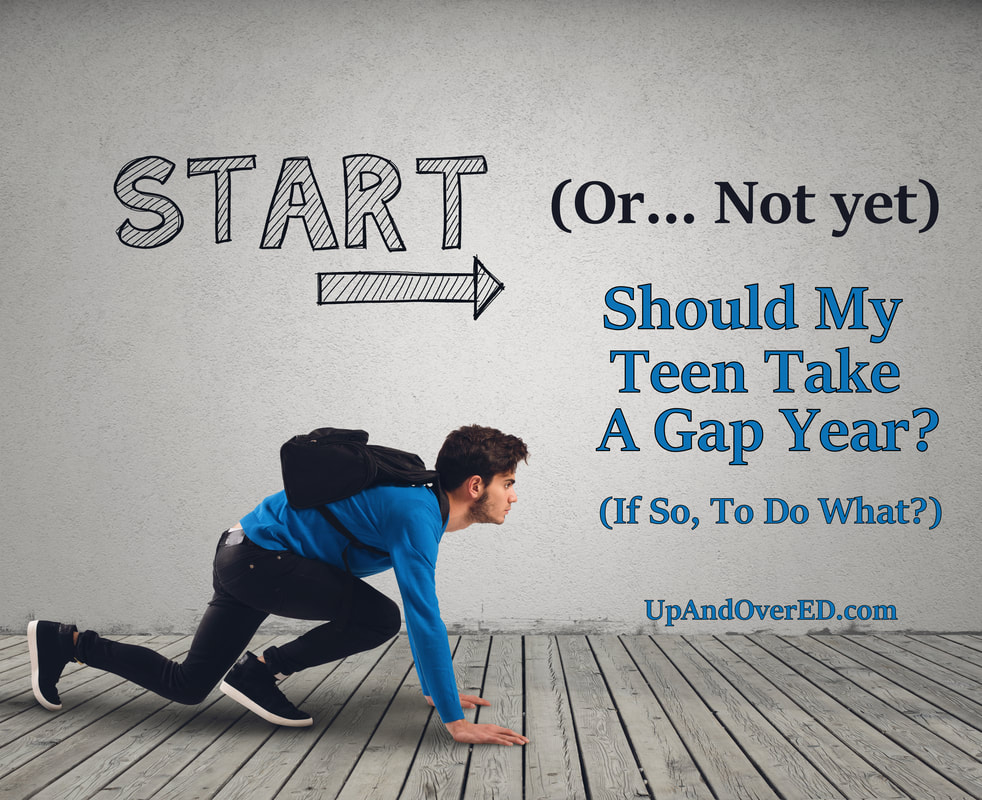
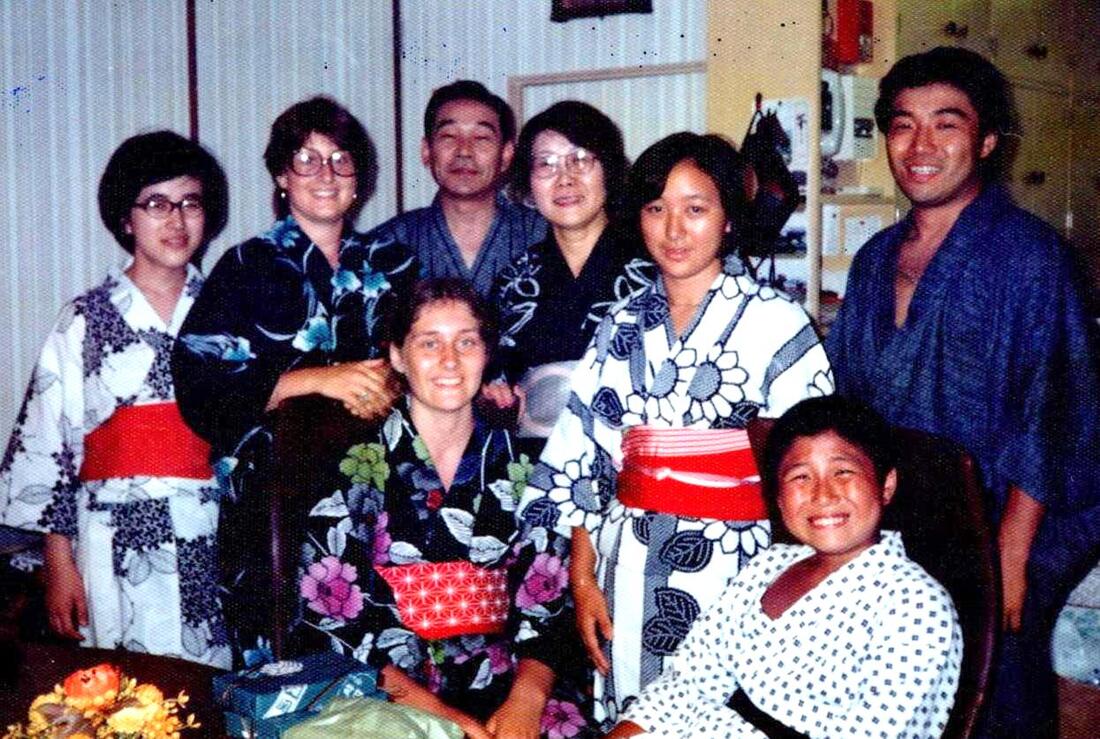
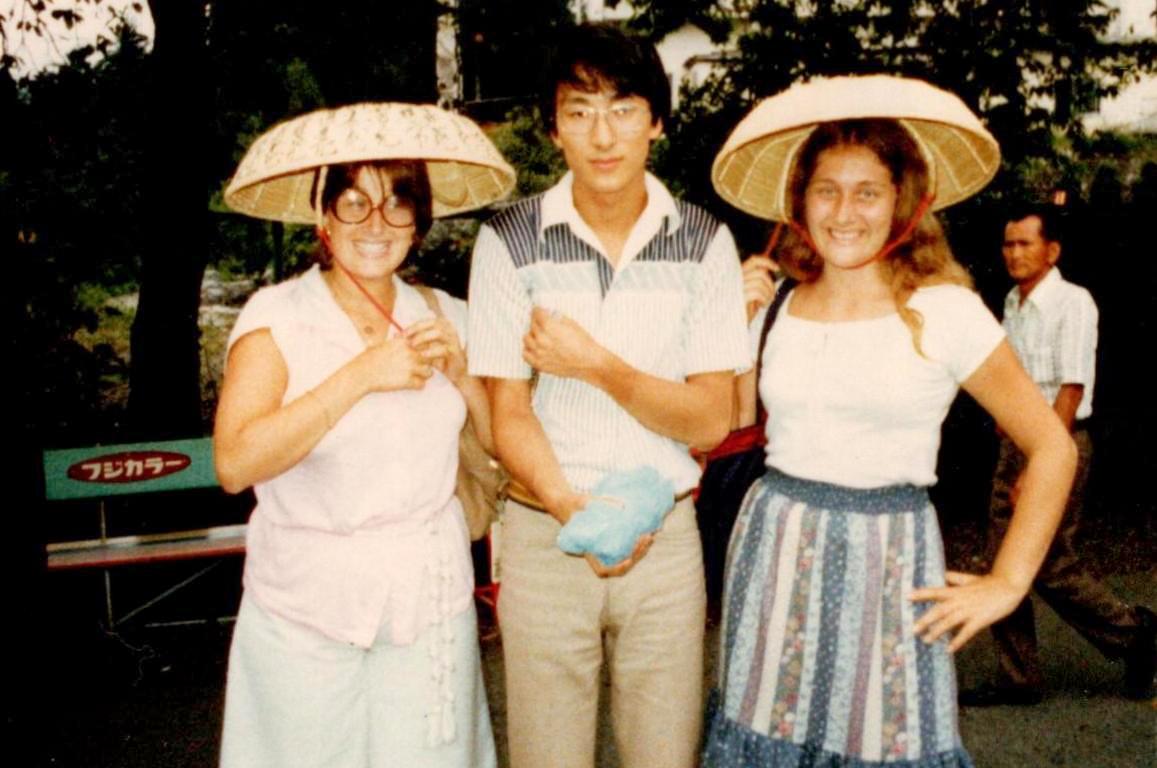

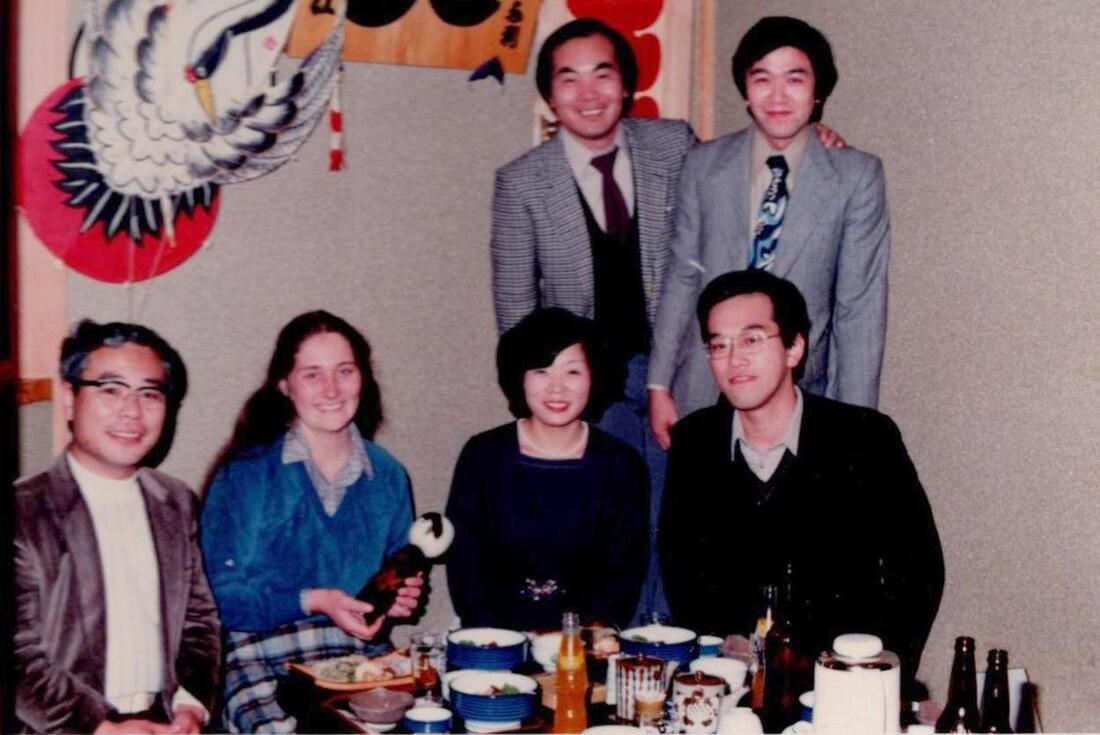

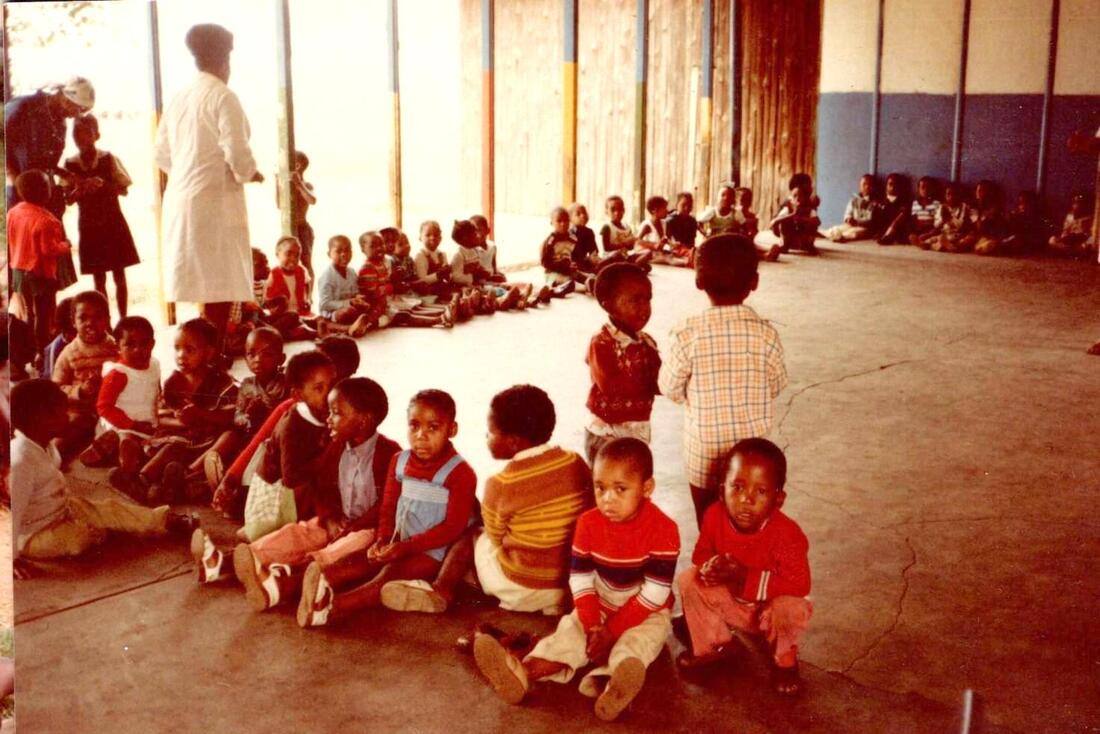
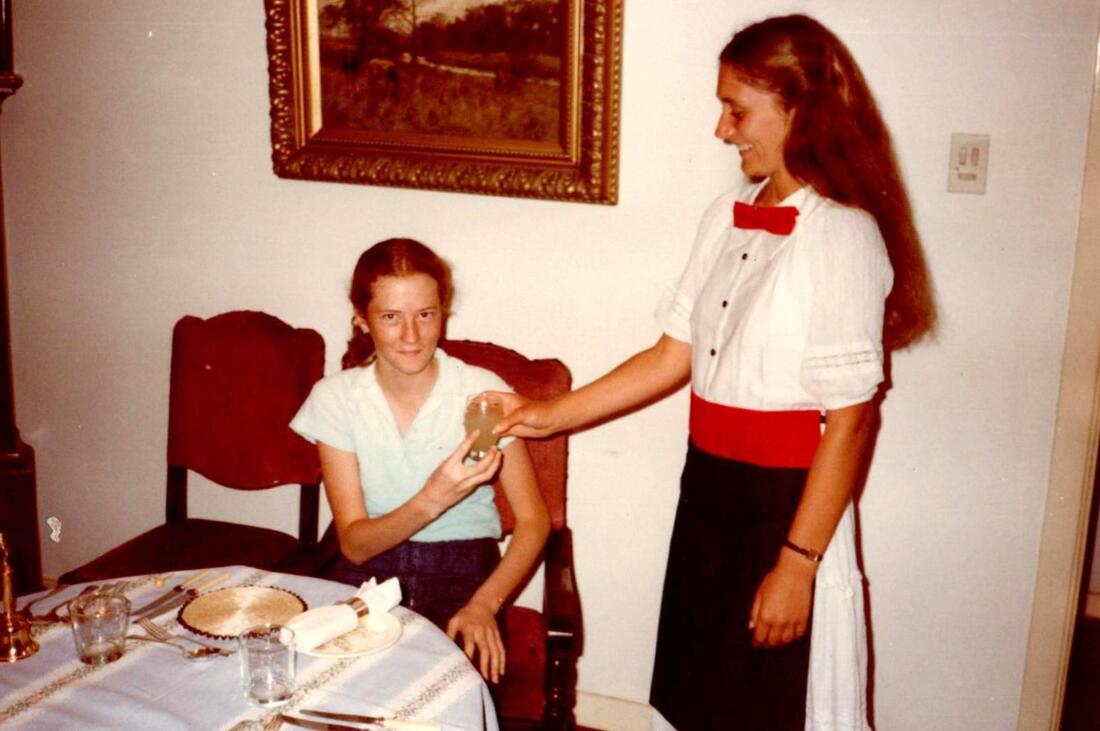
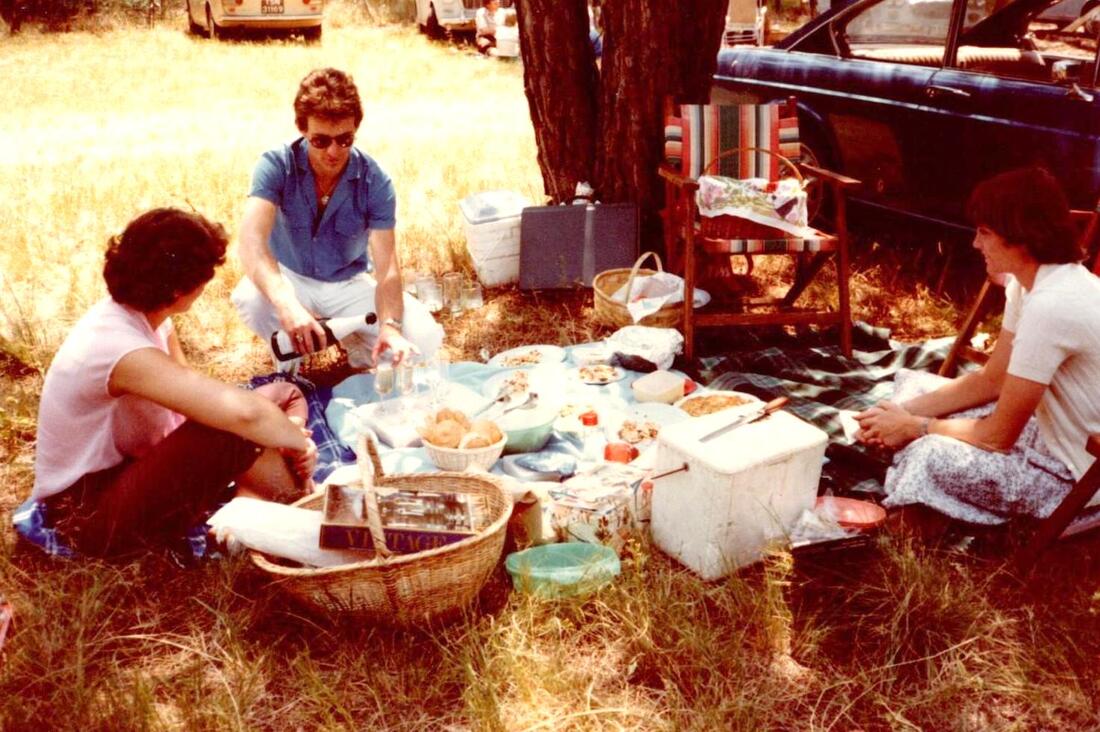
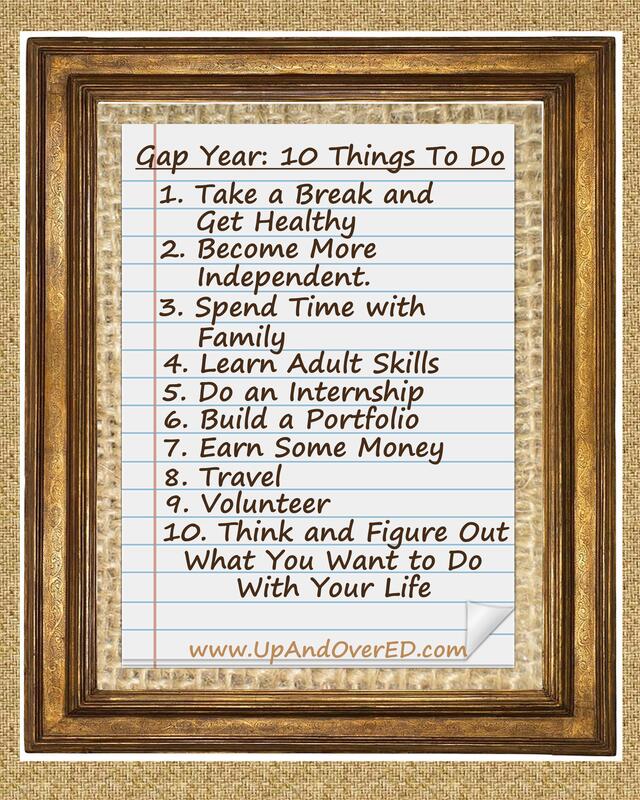
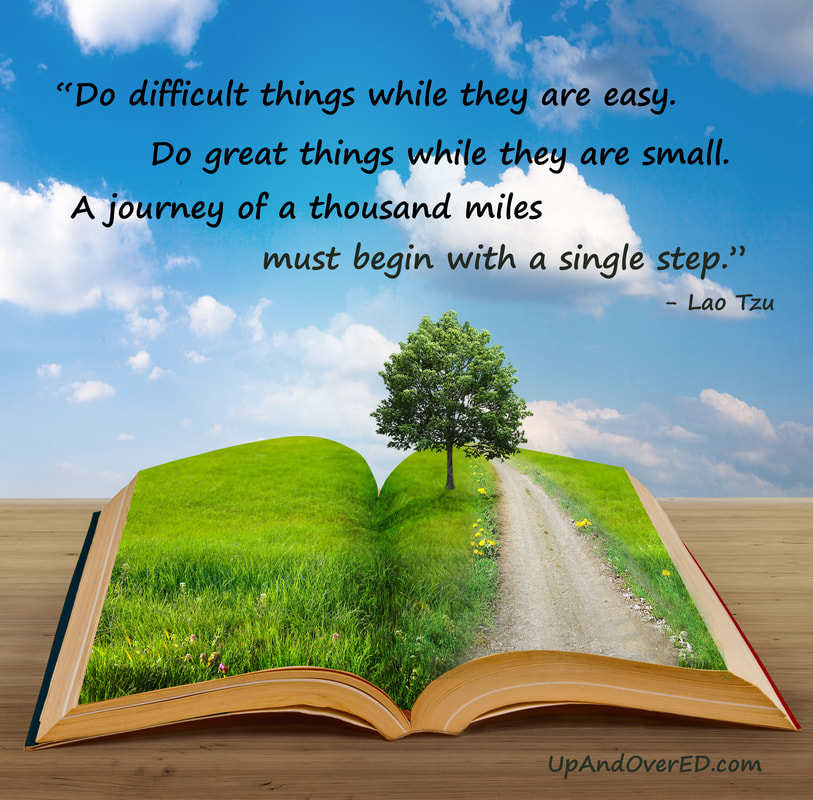
 RSS Feed
RSS Feed
